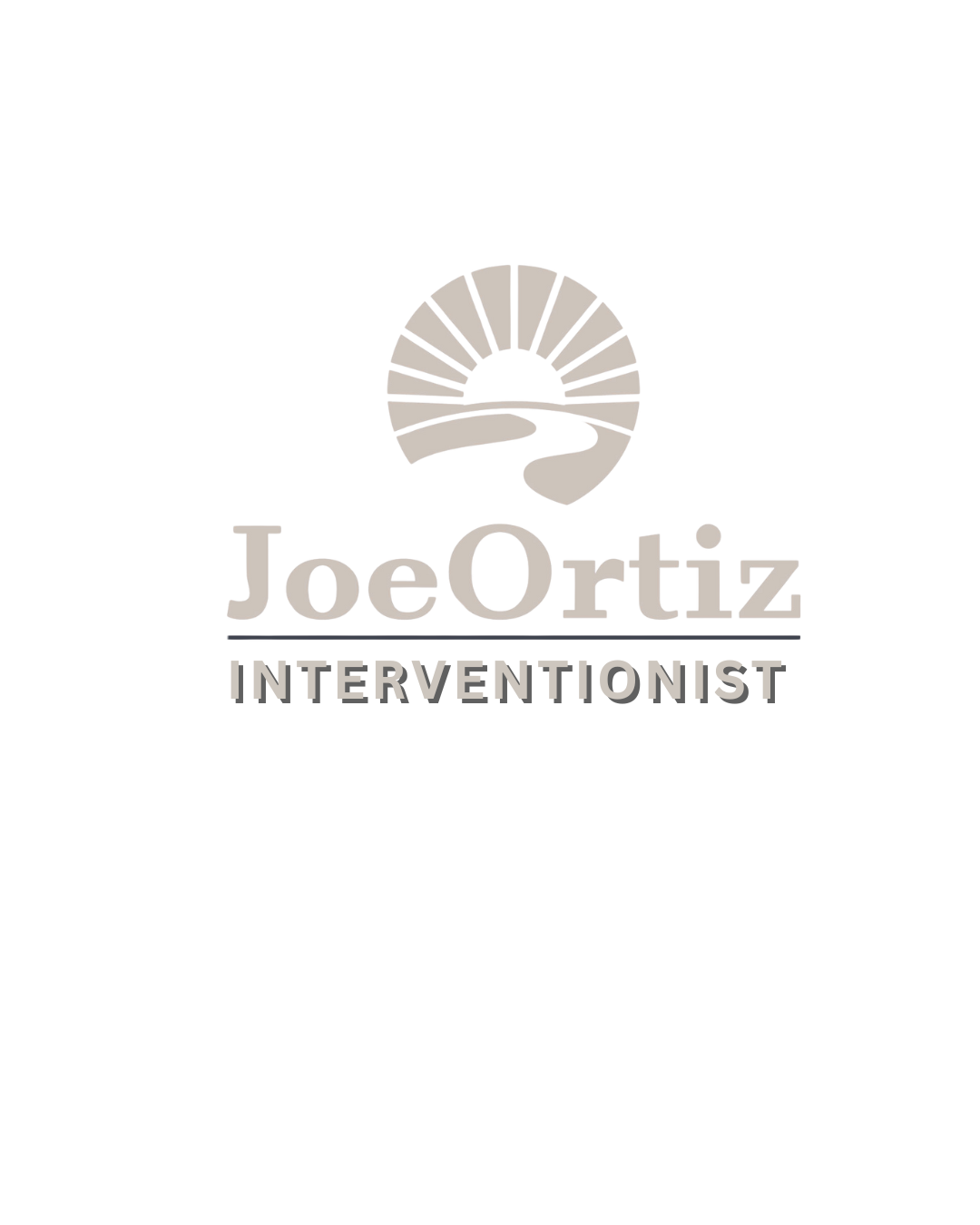Intervention Strategies for Families: Guiding Your Loved One Towards Recovery

Dealing with a loved one’s addiction can be one of the most challenging experiences for any family. However, interventions can provide a structured opportunity for families to help their loved one seek treatment. In this blog post, we’ll explore effective intervention strategies, the role of family support, and how to cope during this difficult time.
Understanding Interventions: Interventions are carefully planned processes where family members, friends, and professionals come together to confront a loved one about their addiction. The goal is to help them recognize the impact of their behavior and persuade them to accept treatment.
Key Strategies for a Successful Intervention:
- Plan Thoroughly:
- Choose a professional interventionist who can guide you through the process.
- Decide who will be involved and practice what each person will say.
- Set a clear goal, such as getting your loved one into a treatment program.
- Gather Evidence:
- Collect concrete examples of your loved one’s destructive behavior.
- Use specific incidents to illustrate how their addiction affects them and others.
- Stay Calm and Compassionate:
- Approach the intervention with empathy and concern, not anger or blame.
- Maintain a calm and supportive tone throughout the discussion.
- Set Boundaries:
- Clearly outline the consequences if your loved one refuses treatment.
- Be prepared to follow through with these boundaries to protect yourself and other family members.
The Role of Family Support: Family support is crucial in the recovery process. Your loved one needs to feel that they are not alone and that their family is behind them. Here are some ways families can support their loved ones:
- Emotional Support:
- Offer consistent encouragement and positive reinforcement.
- Attend family therapy sessions to strengthen your relationships.
- Practical Support:
- Help with logistics, such as transportation to treatment sessions.
- Assist in finding resources and support groups for ongoing recovery.
Coping with the Challenges: Supporting a loved one through addiction and recovery can take a toll on your emotional and mental health. It’s essential to take care of yourself as well:
- Seek Support:
- Join support groups for families of addicts.
- Consider individual therapy to process your feelings and experiences.
- Practice Self-Care:
- Engage in activities that you enjoy and that help you relax.
- Maintain a healthy lifestyle with regular exercise, proper nutrition, and adequate sleep.
Interventions can be a turning point in your loved one’s journey toward recovery. With careful planning, compassionate communication, and strong family support, you can help guide them towards the help they need. Remember to take care of yourself throughout this process and seek support when needed. Together, you can navigate this challenging time and emerge stronger as a family.
Joe Ortiz
Interventionist
Certified CRAFT Method
Certified Break-Free Method
Cell: 732-599-7817
